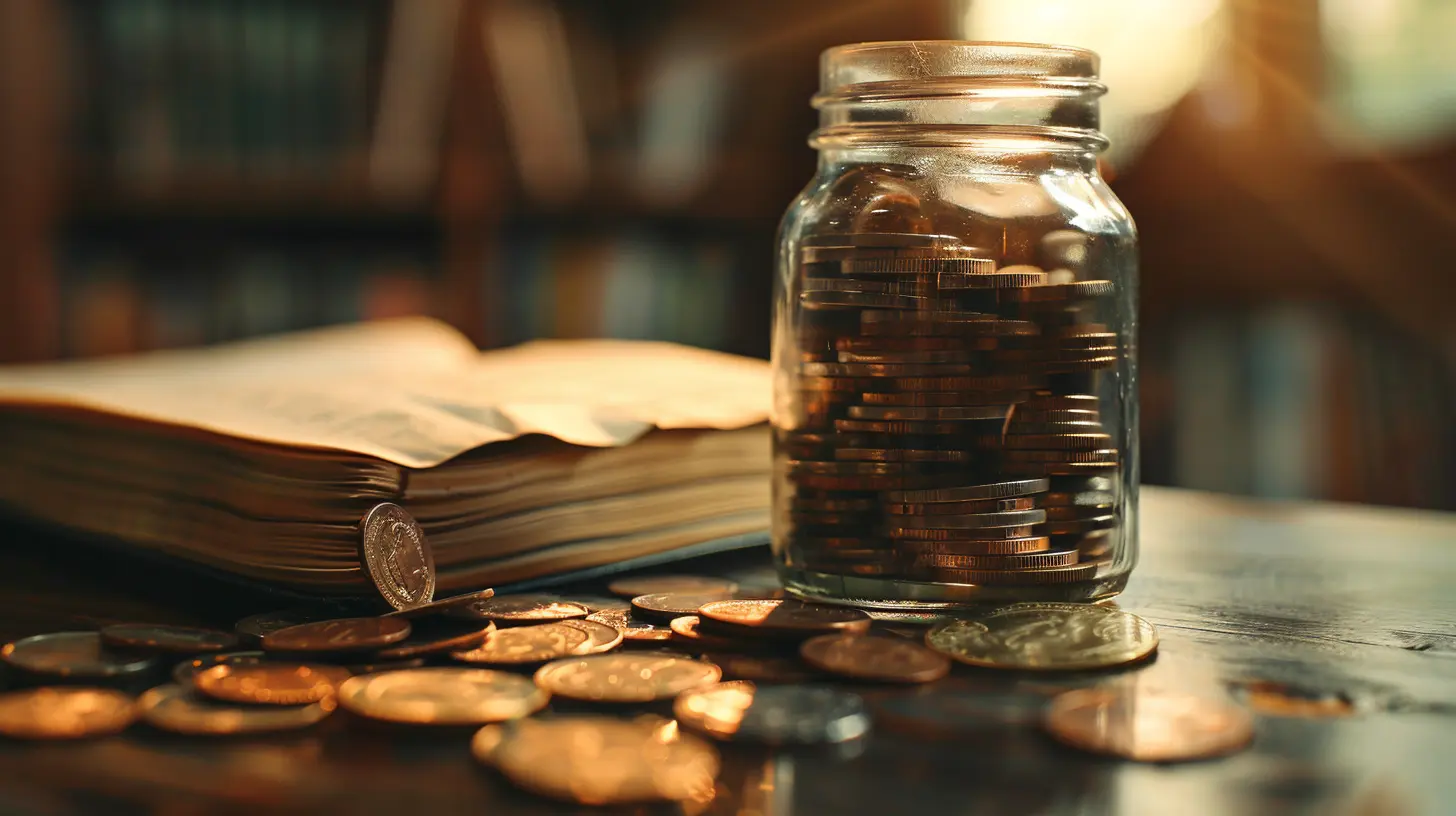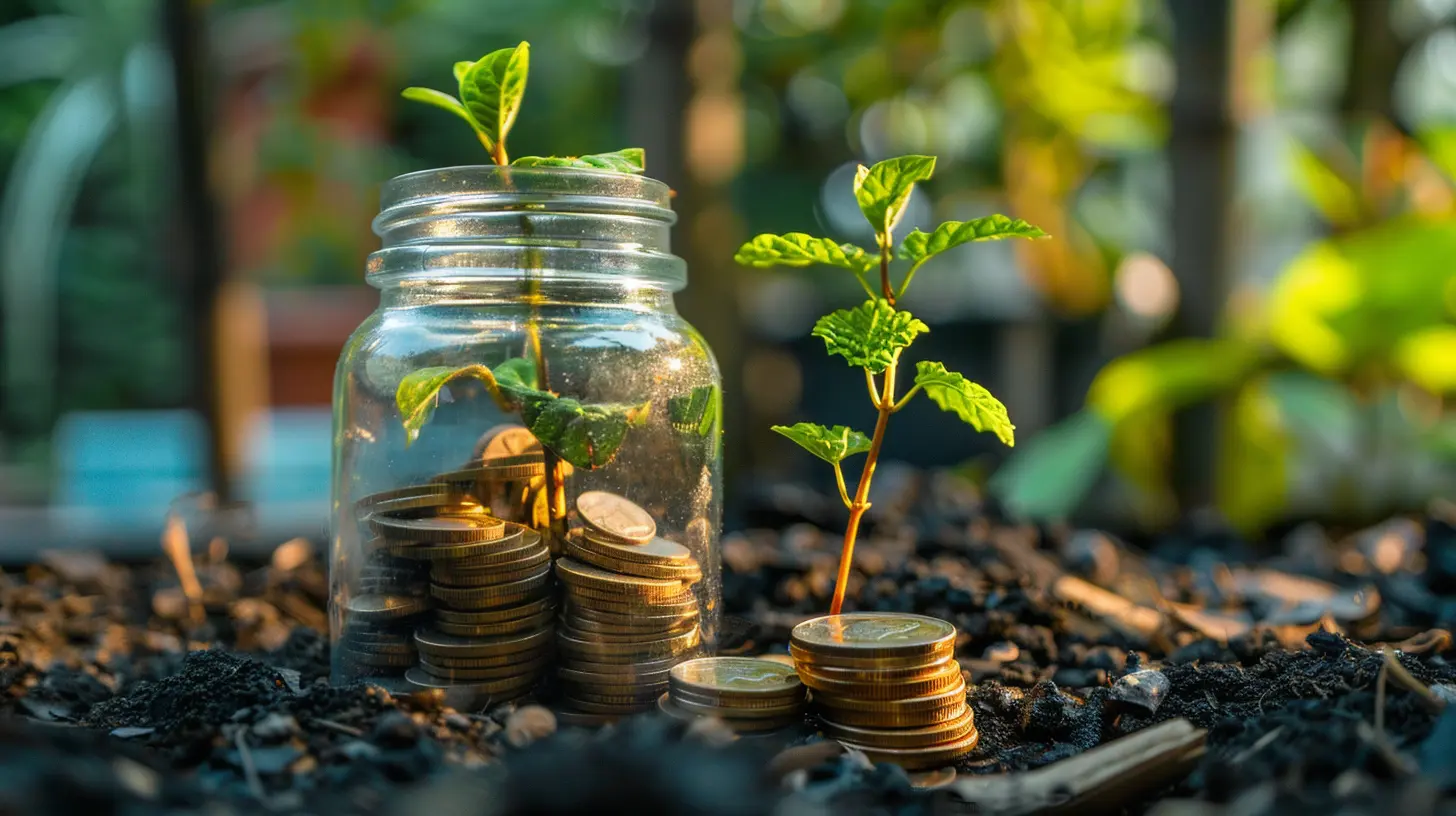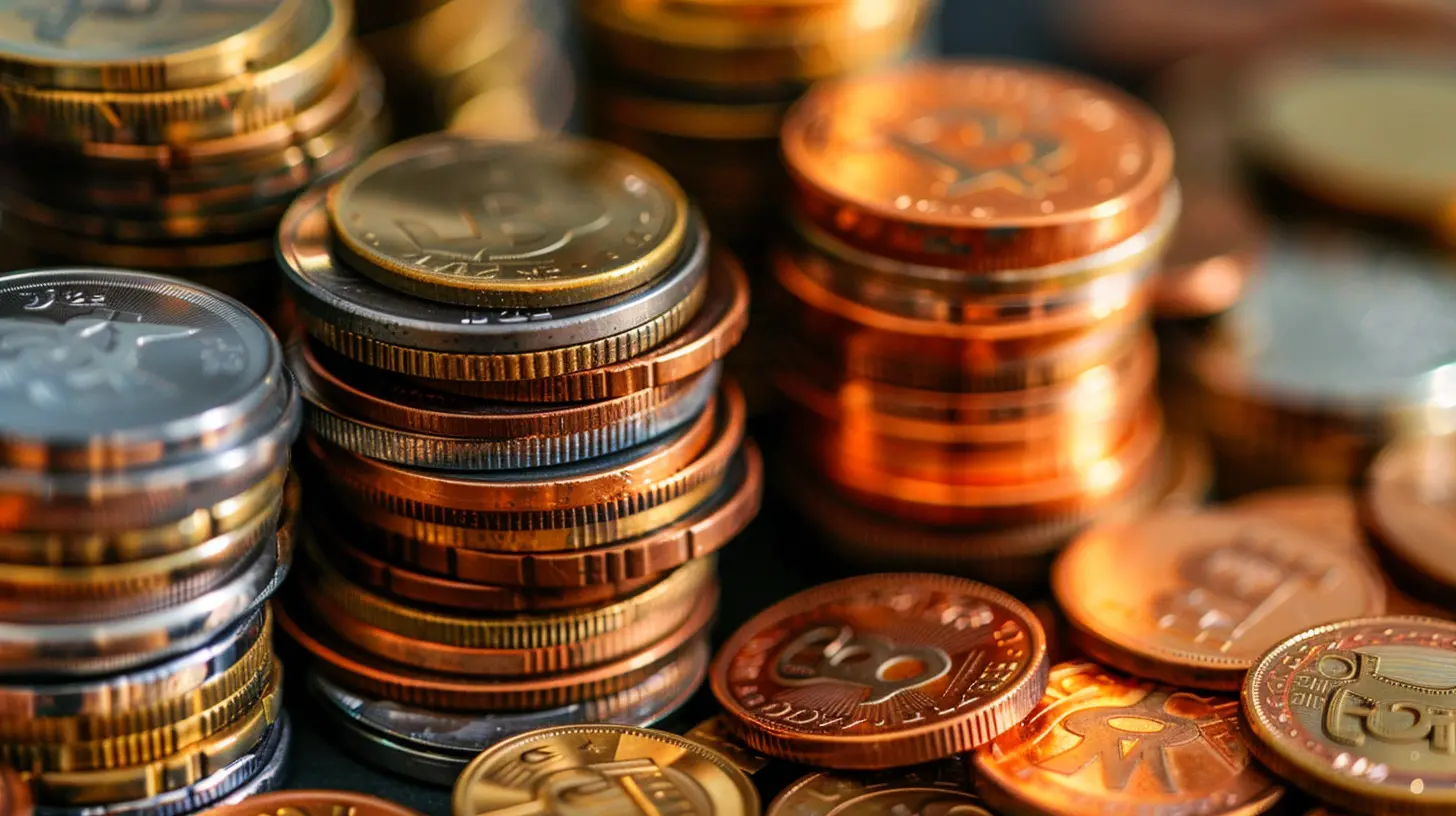30 January 2025
Life is unpredictable, isn't it? One day, everything’s going smoothly, and the next day, your car breaks down, your roof springs a leak, or you’re hit with a surprise medical bill. In moments like these, having a financial safety net can make all the difference between mild inconvenience and financial disaster. That safety net? An emergency fund.
If you’re wondering why saving for an emergency fund should be your first priority, you’ve come to the right place. In this article, we’re going to dive deep into why an emergency fund is so critical, how it can save you from financial stress, and ultimately, how to start building one today.
What Is an Emergency Fund?
Before we jump into the reasons why an emergency fund should be your top priority, let’s clarify what it actually is.An emergency fund is a stash of money set aside specifically for unexpected expenses. Think of it as a financial cushion that helps you absorb life’s little (or big) surprises. It’s different from your savings for a vacation or a new gadget. This fund is strictly for emergencies—things like medical bills, car repairs, job loss, or urgent home repairs.
The idea is to have enough in your emergency fund to cover at least three to six months' worth of living expenses. That way, if life throws you a curveball, you’re not scrambling to figure out how to make ends meet.
The Importance of Financial Security
When it comes to managing your personal finances, a lot of people focus on retirement savings, paying down debt, or investing in stocks. While all of these are important, none of them provide the immediate financial security that an emergency fund does.Peace of Mind
Imagine this: your car breaks down, and the mechanic hits you with a hefty repair bill. If you don’t have an emergency fund, you might be forced to put it on a credit card, adding to your debt. Or worse, you might have to dip into money meant for rent or groceries. Stressful, right?An emergency fund saves you from that stress. When you know you’ve got money set aside for life’s little surprises, you can sleep easier at night. It gives you peace of mind knowing that you won’t have to scramble or make financial sacrifices if something unexpected happens.
Avoiding Debt
One of the biggest advantages of having an emergency fund is that it helps you avoid debt. Life’s emergencies often come with big price tags—medical bills, home repairs, or even sudden unemployment. Without a financial cushion, many people turn to credit cards or loans to cover the costs. The problem? Debt can quickly snowball.By having an emergency fund, you can pay for those unexpected expenses upfront without piling up interest charges or falling into a debt trap. Essentially, your emergency fund acts like a financial shield, protecting you from having to rely on high-interest credit.
Why Should Saving for an Emergency Fund Be Your First Priority?
Now that we know what an emergency fund is and why it’s important, let’s talk about why it should be your number one financial priority.1. Life Happens—Be Ready for It
We’ve all been there. Maybe your water heater goes out, or you get into a fender bender. These things happen when you least expect them, and they always seem to come at the worst possible time, don’t they?While you can’t predict when an emergency will strike, you can be prepared for it. Having an emergency fund allows you to handle life’s curveballs without derailing your entire financial plan. It’s like having a financial umbrella—when the storm hits, you’ll be glad you have it.
2. It Builds Financial Discipline
Starting an emergency fund isn’t just about having extra cash lying around. It’s also a way to build financial discipline. Setting aside money for emergencies means you’re actively choosing to prioritize your financial future over immediate gratification.Think about it: by committing to saving for an emergency fund, you’re training yourself to live within your means, make better financial decisions, and stick to a budget. Over time, this discipline will carry over into other areas of your financial life, like saving for retirement or paying off debt.
3. Protect Your Long-Term Goals
Many people have long-term financial goals, whether it’s buying a house, saving for retirement, or funding their children’s education. But without an emergency fund, those goals can easily get derailed.Imagine you’re diligently saving for a down payment on your dream home, but then you lose your job unexpectedly. Without an emergency fund, you might have no choice but to dip into your savings, delaying your plans.
An emergency fund acts as a buffer, protecting your long-term financial goals from short-term setbacks. With that safety net in place, you won’t be forced to sacrifice your future to deal with today’s problems.
4. Job Loss is More Common Than You Think
Unemployment is one of the most common financial emergencies people face. And let’s be real—no job is 100% secure. Even if you have a great job, things can change overnight. Companies downsize, the economy takes a hit, or maybe you simply decide it’s time for a change.If you lose your job and don’t have an emergency fund, you’ll likely have to rely on unemployment benefits, which often aren’t enough to cover all your living expenses. In contrast, having an emergency fund gives you breathing room. It buys you time to find a new job without the pressure of immediate financial strain.
5. You Won’t Have to Sacrifice Your Lifestyle
Emergencies can be expensive, but they don’t have to mean a complete lifestyle change. Without an emergency fund, you might have to make tough sacrifices—like cutting back on essentials, selling your belongings, or moving to a cheaper home.But with a healthy emergency fund, you can maintain your lifestyle even when unexpected expenses come up. That’s not to say you won’t have to make small adjustments, but you won’t be forced into drastic changes just to stay afloat.
How Much Should You Save for an Emergency Fund?
The big question: how much money should you actually save in your emergency fund?Most financial experts recommend having between three to six months' worth of living expenses saved up. This should cover essentials like rent (or mortgage), utilities, groceries, transportation, and insurance.
If you’re a freelancer, self-employed, or have an irregular income, you may want to aim for a larger emergency fund—closer to six to twelve months' worth of expenses. The more uncertain your income, the more important it is to have a robust safety net.
Tips for Building Your Emergency Fund
Alright, now that you’re convinced you need an emergency fund, how do you actually start building one? Here are some actionable tips to help you get started:1. Start Small, But Start Now
One of the biggest hurdles people face when saving for an emergency fund is feeling overwhelmed by how much they need to save. But remember, you don’t need to save it all at once!Start small. Even setting aside $20 or $50 a week can add up over time. The key is to start as soon as possible. The sooner you begin, the quicker you’ll build that safety net.
2. Automate Your Savings
Make saving effortless by automating it. Set up an automatic transfer from your checking account to your emergency fund every payday. This way, you won’t even have to think about it—it’ll just happen.Trust me, when you automate your savings, you’ll be surprised at how quickly your emergency fund grows.
3. Use Windfalls Wisely
Got a tax refund? Birthday money? A bonus from work? Instead of spending it on something you don’t really need, throw it into your emergency fund. Windfalls are a great way to give your savings a big boost without having to cut back on your regular spending.4. Reevaluate Regularly
Life changes, and so do your financial needs. Make it a habit to reassess your emergency fund at least once a year. Are your living expenses higher now? Did you move to a new city where the cost of living is different? Make sure your emergency fund reflects your current situation.Conclusion
In the grand scheme of personal finance, an emergency fund might not seem as exciting as investing in the stock market or saving for a dream vacation. But it’s the foundation that supports all your other financial goals. Without it, even the best-laid financial plans can be thrown completely off course by life’s inevitable surprises.So if you’ve been putting off starting your emergency fund, now is the time to make it your first priority. It’s not just about having money in the bank—it’s about having peace of mind, avoiding debt, and protecting your financial future.












Talia Perez
Saving for an emergency fund: because you never know when your toaster might decide to audition for a role in ‘The Great Kitchen Catastrophe’! Prioritize that fund and keep your breakfast (and finances) intact!
March 27, 2025 at 11:38 AM